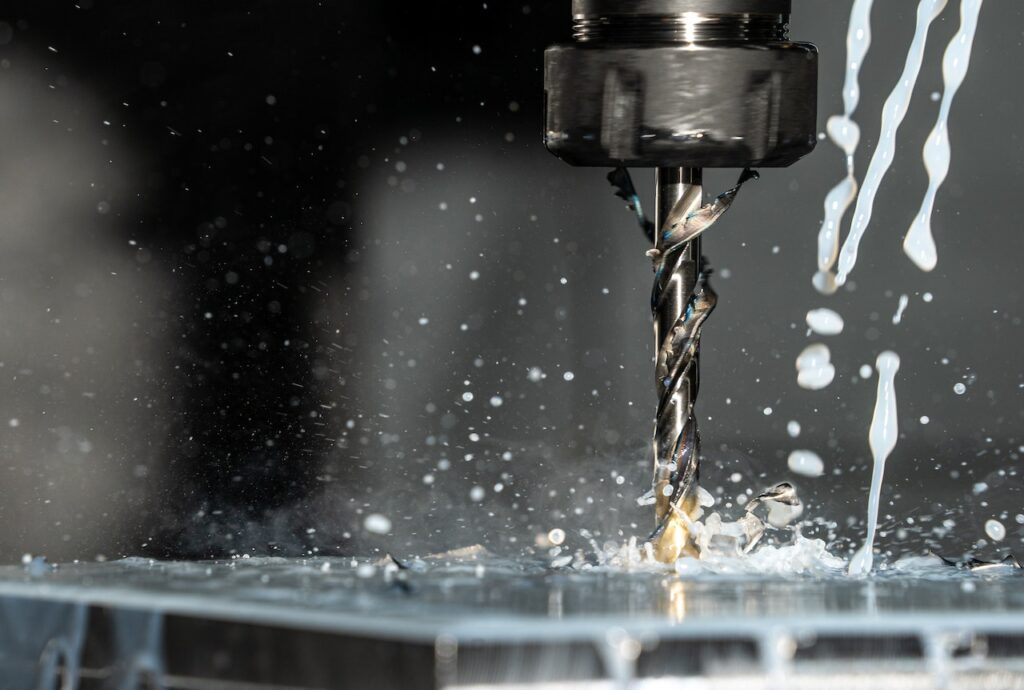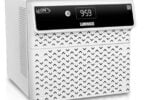In today’s rapidly evolving automotive industry, precision, efficiency, and reliability are paramount when it comes to manufacturing automotive parts. To meet the demanding requirements of modern vehicles, CNC machining has emerged as a cutting-edge solution, revolutionizing the production of automotive components. Among the myriad of CNC applications, the production of auto parts stands at the forefront, ensuring the creation of durable and high-performance components that drive the automotive world forward.
Whether you are an automotive industry enthusiast seeking to understand the intricacies of CNC machining or a manufacturer looking to streamline your production of auto parts, this article is your ultimate guide. But that’s not all – if you’re in need of high-quality CNC auto parts, you’ve come to the right place! Throughout this article, you’ll discover how to order CNC auto parts to elevate your automotive projects to unprecedented heights.
Understanding CNC Machining Processes for Automotive Parts
CNC Milling
CNC milling is a widely used machining process in the automotive industry. Throughout this procedure, a revolving cutting instrument eliminates material from the workpiece, giving rise to intricate geometries and distinctive characteristics. Automotive manufacturers utilize CNC milling for producing engine blocks, cylinder heads, and transmission components, ensuring precise dimensions and smooth surfaces. CNC Turning
CNC turning stands as yet another indispensable technique, wherein a workpiece undergoes rotation while a cutting tool effectively eliminates material, sculpting flawless cylindrical configurations. This process is commonly used for manufacturing axles, shafts, and other rotational automotive parts. CNC turning offers high accuracy and repeatability, guaranteeing optimal performance for the final products.
CNC Drilling
CNC drilling is specifically designed for creating holes in automotive components with precision. It plays a crucial role in producing brake discs, engine pistons, and other parts that require accurate hole placement. The CNC drilling process ensures uniformity and eliminates the risk of manual errors, resulting in reliable automotive parts.
CNC Grinding
CNC grinding is employed to achieve superior surface finishes and tight tolerances on automotive parts. This process is utilized for components like camshafts, crankshafts, and precision gears. CNC grinding enhances the durability and longevity of automotive parts, which are crucial for their optimal functioning.
CNC Electrical Discharge Machining (EDM)
CNC EDM is a non-conventional machining process used to shape automotive parts that are difficult to machine with traditional methods. EDM involves a controlled electrical discharge between the tool and workpiece to erode the material. Manufacturers use CNC EDM for intricate designs and complex geometries in automotive components.
Advantages of CNC Machining for Automotive Parts
Precision and Accuracy
CNC machining ensures unparalleled precision and accuracy in the production of automotive parts. This leads to consistent quality and performance, reducing the risk of defects and malfunctions in vehicles.
With CNC machining at the helm, automotive part production attains an unrivaled level of precision and accuracy, ensuring flawlessly crafted components that guarantee consistent top-notch quality and performance.
The seamless integration of CNC machining techniques empowers automotive manufacturers to uphold stringent quality standards, leaving no room for errors and upholding their reputation for excellence.
Enhanced productivity
By harnessing various CNC machining processes, automotive manufacturers experience a remarkable surge in productivity, streamlining their production workflows and reducing turnaround times.
The implementation of advanced CNC machining techniques leads to increased productivity in the automotive industry, allowing for faster and more precise fabrication of essential components.
Cost-Effectiveness
Despite potentially higher initial setup costs, the long-term advantages of employing CNC machines far surpass the initial investment. The automated nature of CNC machining significantly diminishes labor expenses and effectively minimizes material waste, presenting an economically viable and prudent solution for the manufacturing of automotive parts.
Faster Production
CNC machining processes significantly decrease production times compared to traditional methods. The speed and efficiency of CNC machines enable automotive manufacturers to meet tight deadlines and handle large production volumes effectively.
Versatility and Flexibility
The amazing CNC machine can seamlessly adjust to a multitude of automotive part designs and materials. Manufacturers profit from this unmatched versatility by being able to produce components that are tailored to the unique requirements of their clients.
Conclusion
CNC machining processes have become indispensable in the automotive industry due to their exceptional accuracy, efficiency, and versatility. From milling to grinding, each process contributes to the creation of fully functional and reliable automotive parts.
While the upfront costs of implementing the CNC machining technique may be comparatively higher, the enduring benefits it offers far exceed the initial investment.
The inherent automation of CNC machining substantially reduces labour expenses and minimizes material waste, making it an economically viable and astute solution for automotive part manufacturing.
Answers to frequently asked questions
- How are automotive parts CNC machined?
CNC machines can machine a wide variety of materials, including aluminum, steel, brass, and plastics. Due to their unique properties, various materials are suitable for various automotive applications.
- How does CNC machining improve automotive part quality?
CNC machining ensures precise and repeatable processes, reducing human errors and inconsistencies in part production. This ultimately leads to higher quality and reliability in automotive components.
- Can CNC machining handle large-scale automotive part production?
Yes, CNC machining is highly scalable, allowing manufacturers to meet the demands of mass production without compromising quality or efficiency.








Leave a Comment
You must be logged in to post a comment.